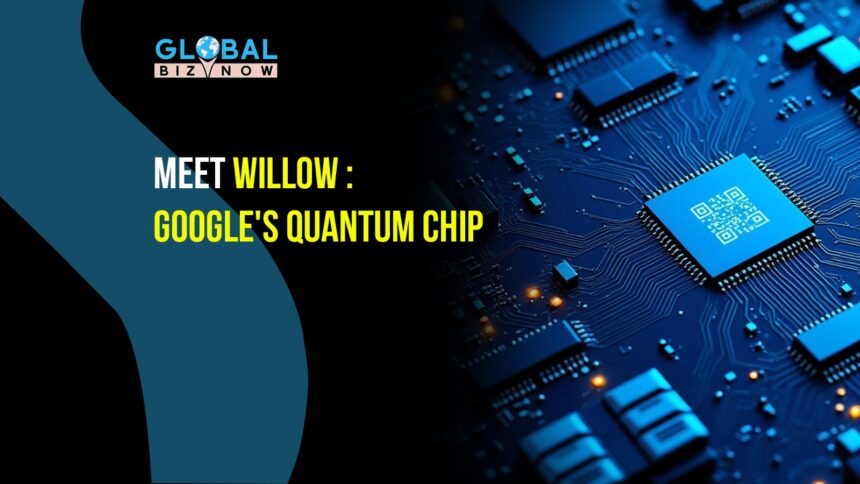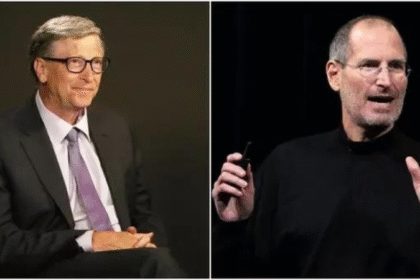On Monday, Google took a groundbreaking step in quantum computing by showing off a next generation chip it called Willow-which just might redefine what can be possible in computation. It would take today’s supercomputers 10^25 or 10,000,000,000,000,000,000,000,000 years what this chip is able to do in less than five minutes.
Why Quantum Matters
The Quantum computer science is an advanced area in the field of technology in which the principles of quantum mechanics are used for fundamentally new ways of information processing, but not like classical computers; Instead of binary bits(0’s and 1’s) these quantum computing employs qubits by exploiting quantum phenomena like entanglement, superposition and even quantum interference to compute big complex calculations.
There is a race between tech giants like Google, Microsoft, and IBM to unlock speeds exponentially faster than today’s systems. Current applications remain theoretical, but the promise is vast: quantum computers could one day revolutionize fields such as medicine, battery development, and artificial intelligence-solving problems that classical computers cannot even approach.
The Willow Chip and Its Leap Forward
Google’s Willow chip contains 105 qubits, the fundamental building blocks of quantum computing. But qubits are sensitive. They can be set off by something as minuscule as a subatomic particle from space, resulting in errors. When these kinds of chips get bigger, with more qubits, these errors snowball and thus nullify any quantum advantage.
To achieve this, Google gained a long-elusive breakthrough: real-time quantum error correction. The researchers have found, says a report in Nature, a means to connect qubits within the Willow chip in such a way that increasing qubit number reduces the rate of error—a significant result.
The Debate Over Quantum Supremacy
Google has faced criticism over its claims of quantum supremacy before. In 2019, the company said its chip solved a problem in minutes that would take a classical computer 10,000 years. IBM countered, arguing the same problem could be solved in just two-and-a-half days using more efficient methods.
It refined the estimates as it addressed some of the skeptical voices. Under even optimistic conditions, according to Google claims, it would take classical computers at least a billion years to accomplish what a new chip accomplished by it.
Not Just Bigger, but Better
While competitors are obsessed with creating chips with greater qubit counts, Google focuses on reliability. “It’s not just about having more qubits; it’s about making the best ones,” said Anthony Megrant, chief architect for Google Quantum AI.
To speed up progress, Google has established its own fabrication facility to manufacture these latest chips. The in-house lab will allow researchers to test their ideas quickly, cycling from concept to experiment in record time.
The Road Ahead
While quantum computing is at a nascent stage, the latest developments in its chip from Google indicate much. With maturing technology, the ability to change the course of industries like health and climate solutions may sooner or later become reality. Never before has the thrill of a quantum dominance competition been this exciting, but it now appears that the era signaled by Google’s Willow innovation might just be earlier than most had anticipated.



















